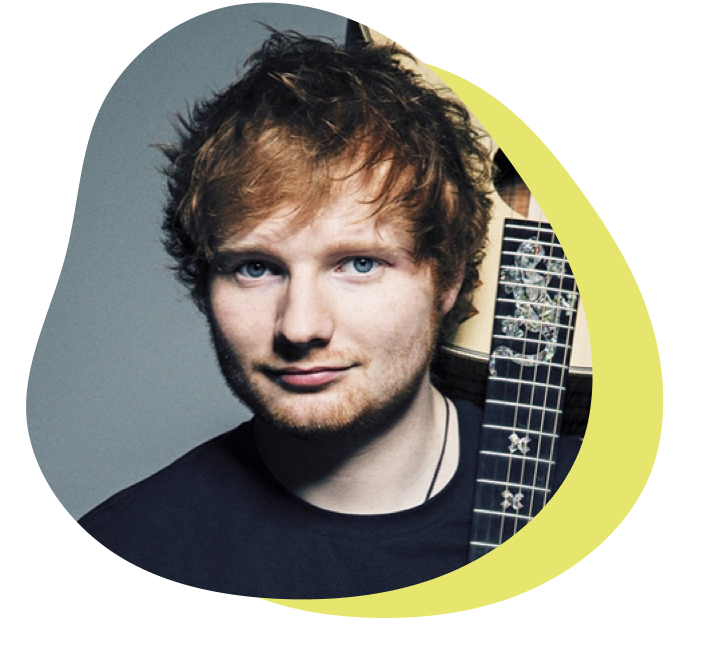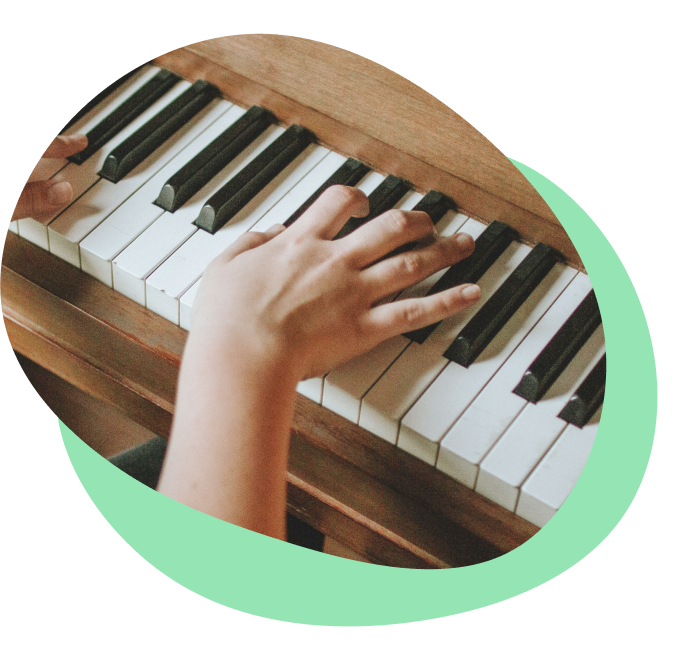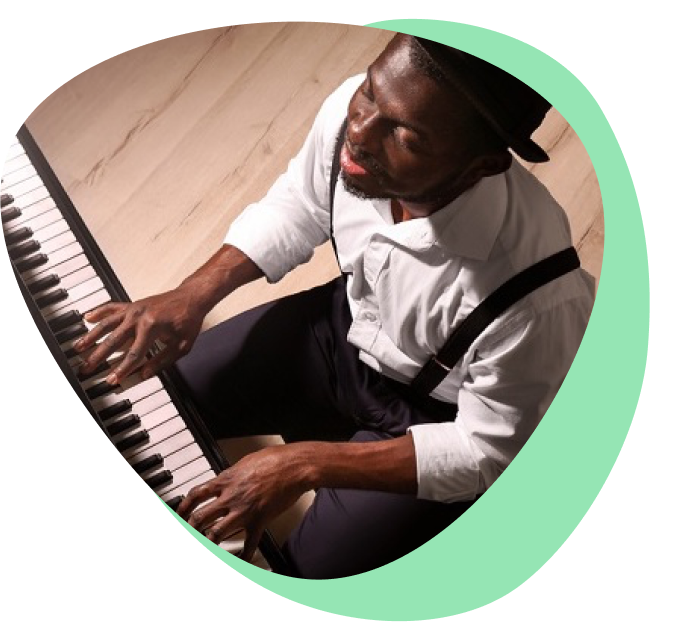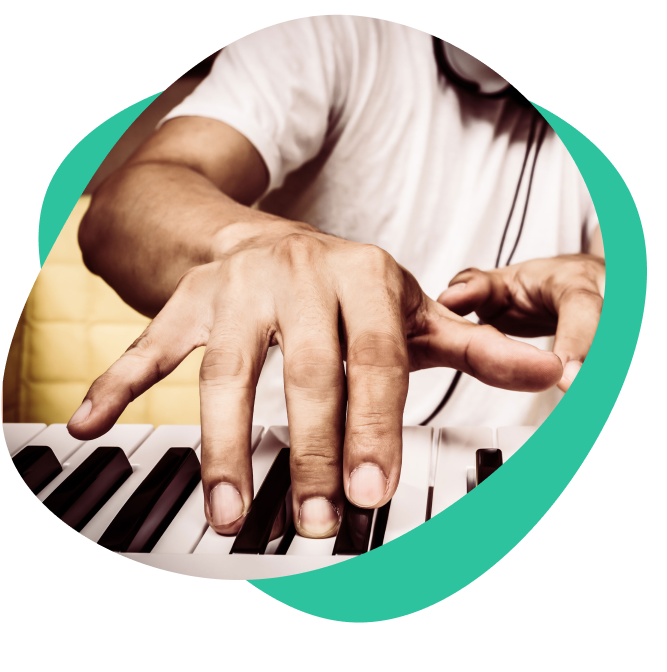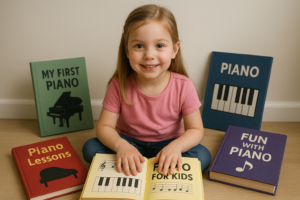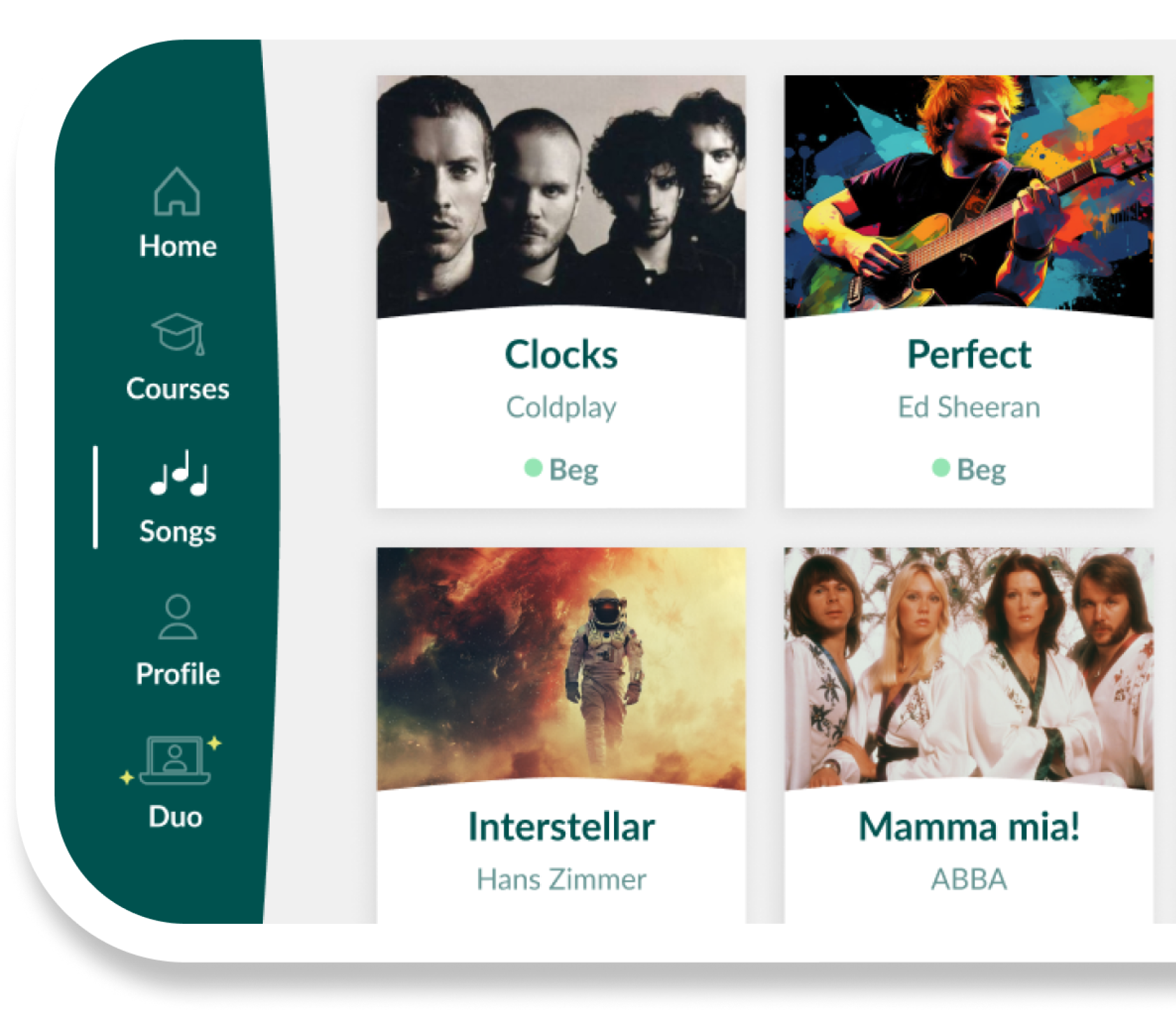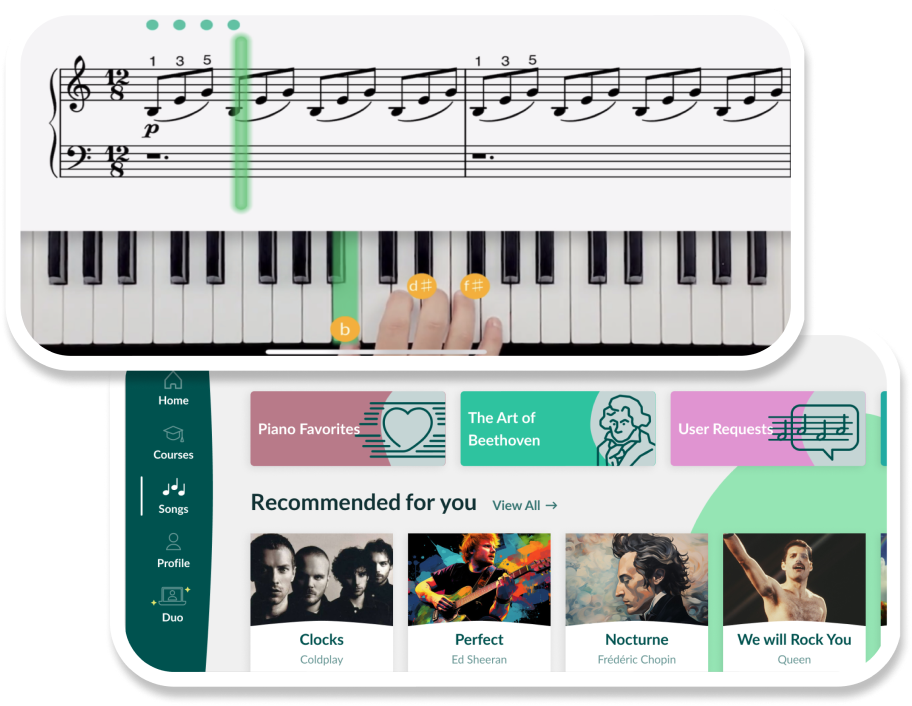“The piano keys are black and white, but they sound like a million colors in your mind”.
– Maria Cristina Mena
I’ve been on my own piano journey for a while now, and I know firsthand how tricky it can be to figure out where you stand. The skill levels in this guide are based on my own experience and observations, things I’ve picked up along the way and from talking to other pianists. There are plenty of books, courses, and structured methods out there, but if you’re learning on your own, it can be tough to know where you stand. If you’ve ever wondered, Am I a beginner? Am I intermediate?, then this guide is for you!
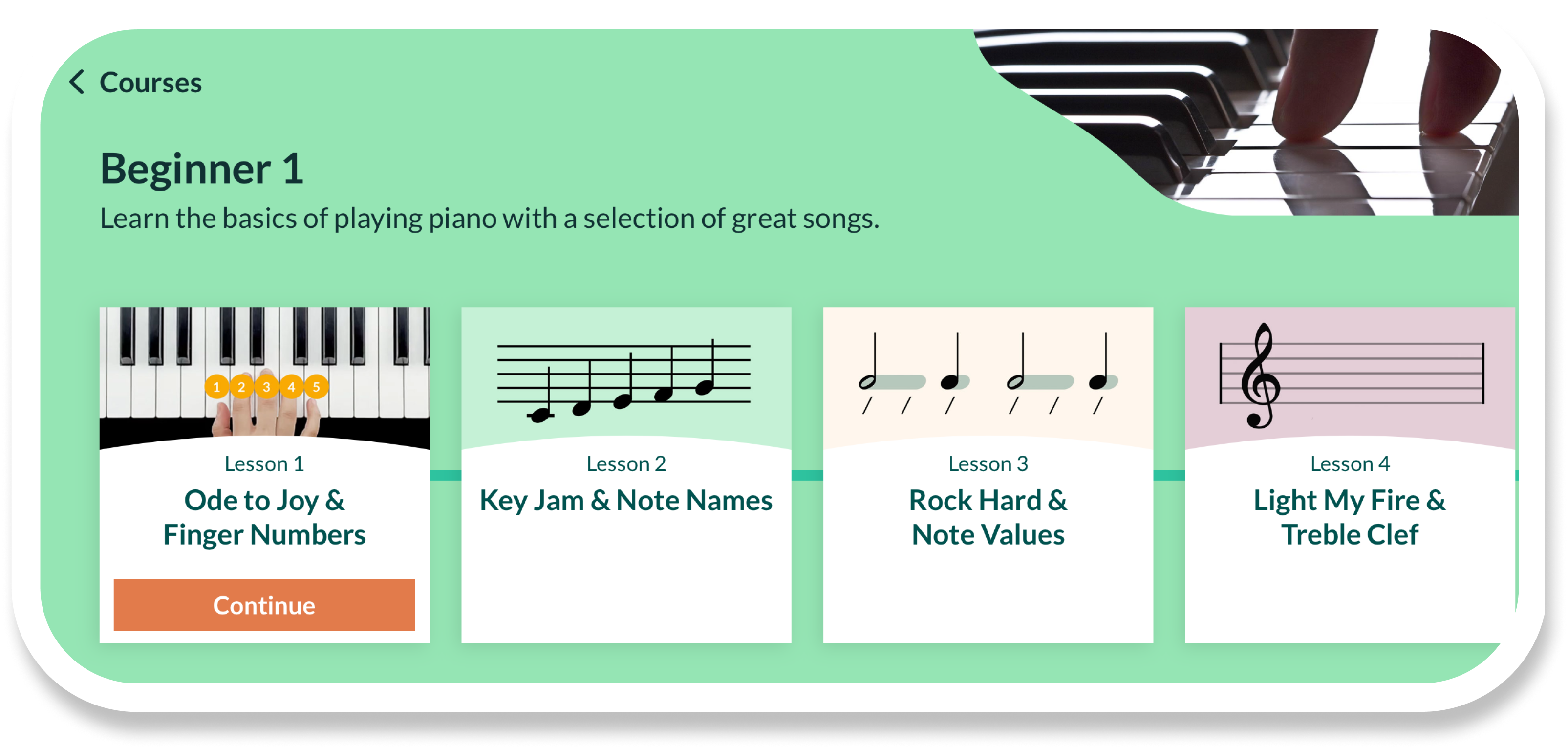
General piano skill levels
- Early Beginner
- Beginner
- Early Intermediate
- Intermediate
- Late Intermediate
- Advanced
This isn’t about labels, it’s about knowing where you are so you can practice smarter, set good goals, and, most importantly, enjoy playing! Let’s break it down!
“Do not compare yourself to others. Compare yourself to the pianist you were yesterday.”
– My personal philosophy
Early beginner
If you’re just starting out, you’re an early beginner. Typically, this stage lasts for about six months. At this point:
- You might not know note names or where they are on the keyboard yet.
- Some people label their keys to help find notes easier (totally fine!).
- Reading music is still new, and you might only be using the right hand in a basic five-finger position.
- You might prefer learning by ear rather than reading music.
- You’re playing small pieces but don’t have a full repertoire yet.
Beginner
After about six months, things start to click a little more. As a beginner:
- You know the musical alphabet and can find notes on the keyboard (maybe still with labels, but you’re getting there!).
- You can read basic notes in treble clef with your right hand and are starting to use the left hand in bass clef.
- You understand simple rhythms, dynamics, and tempo markings.
- You’re starting to explore scales, chords, and arpeggios.
- You’re working on beginner-friendly pieces from method books or with your teacher’s help.
Early intermediate
After about a year of playing, things start to feel a bit more natural. At this level:
- You can read music on the grand staff (both treble and bass clefs together).
- You can play in different hand positions and manage simple hand independence.
- You’re getting better at understanding time signatures, rhythm, and key signatures.
- You know several major and minor scales (maybe even two octaves!).
- You can play basic triads, arpeggios, and chord progressions.
- Your repertoire includes simple classical pieces, pop songs, or blues.
Intermediate
At around 18 months to two years, you’re in the intermediate stage. Here’s what that looks like:
- You’re reading treble and bass clefs comfortably.
- Your hands can play more independently, with different rhythms at the same time.
- You know all 12 major and minor scales in parallel motion.
- You’re exploring harmonic and melodic minor scales.
- You understand the circle of fifths and how it applies to keys and chords.
Late intermediate
At this stage, playing feels much more natural, and you’ve likely been playing for about two years or more. You:
- Can sight-read moderately difficult piano pieces.
- Are starting to take on more challenging music.
- Listen to a variety of music and can recognize different styles.
- Understand complex rhythms like triplets and sixteenth notes.
- Can play four-octave scales in parallel and contrary motion at a good speed.
- Might be improvising or composing your own pieces.
- Are practicing ear training and maybe transcribing music you like.
- Your repertoire includes Debussy’s Arabesque, Beethoven’s Moonlight Sonata, or Bach’s Well-Tempered Clavier.
Advanced
If you’ve been playing for three years or more, you’re moving into advanced territory. At this stage:
- You have a strong understanding of the piano’s role in music history.
- You’re comfortable with different musical styles.
- You’ve had experience performing, either solo or with others.
- You can play major and minor scales in different intervals, including thirds and sixths.
- You’re working on advanced exercises like Hanon or Czerny.
- You’re exploring advanced improvisation or composition.
- Your ear is well-trained, and you can pick up melodies quickly.
- Your repertoire might include Chopin’s Scherzo No. 2 in B minor, Brahms’s Intermezzo No. 2 in B-flat minor, or Liszt’s pieces.
More than just levels: what really makes a great pianist
I love reading what other pianists have to say about improving, and one thing is clear: there’s more to being a good pianist than just skill levels. Here are some extra skills that can really make a difference:
- Sight-reading
- Improvisation
- Adaptability
- Emotional expression
- Listening and awareness
These skills go beyond any set level and help shape you into a confident, expressive pianist!
How to measure your progress
If you’re wondering where you stand, don’t stress too much about labels. Instead:
- Think about what you’ve learned in the past few months.
- Focus on how comfortable you feel with new pieces.
- Compare yourself to where you were last year, not to other people.
- Set small, clear goals to keep improving.
Wrapping it up
Learning piano is a journey, not a race. The most important thing? Just enjoy playing! Whether you’re just starting or working on advanced pieces, every step forward is progress. Keep practicing, stay curious, and have fun with it. And remember, resources like Skoove are always here to help along the way!
Happy playing! 🎹
Author of this blog post

Eddie Bond is a multi-instrumentalist performer, composer, and music instructor currently based in Seattle, Washington USA. He has performed extensively in the US, Canada, Argentina, and China, released over 40 albums, and has over a decade experience working with music students of all ages and ability levels.



